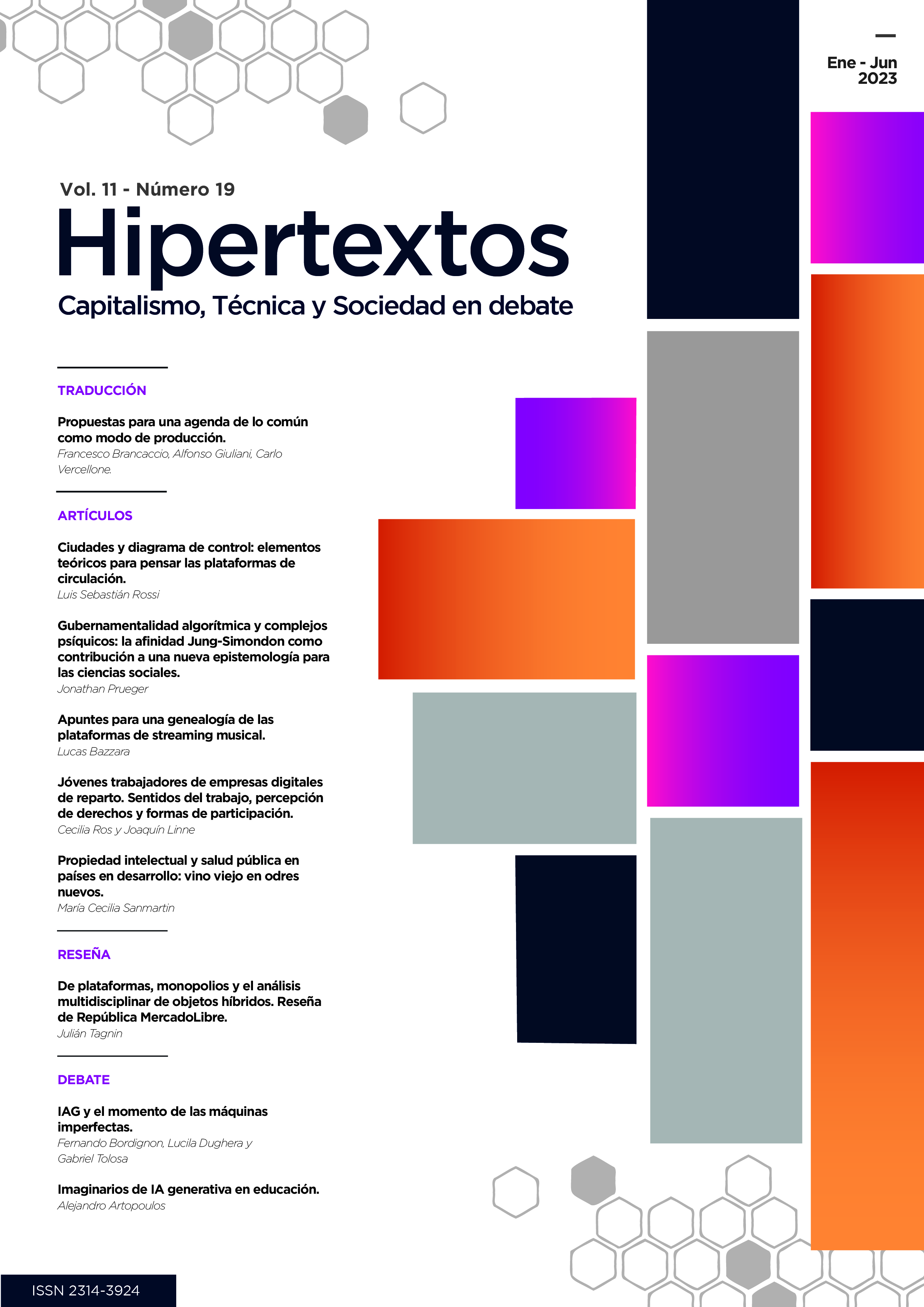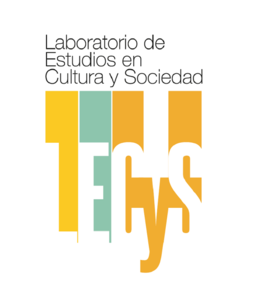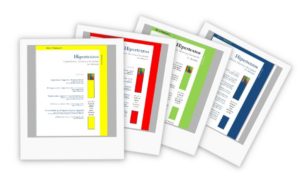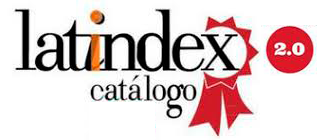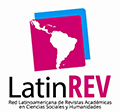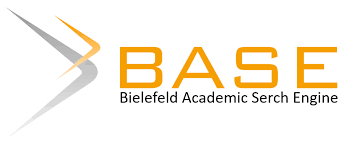Imaginarios de IA generativa en educación
Chatbots que enseñan, bicicletas eléctricas y el quinto Beatle
DOI:
https://doi.org/10.24215/23143924e070Palabras clave:
IA, educación, imaginarios, chatbotsResumen
La imaginación sociotécnica sobre la aplicación de la inteligencia artificial a la educación no surge de un vacío. Al momento en que irrumpen las IA generativas a finales de 2022 ya se había recorrido un largo camino que se remonta tanto en la participación de Seymour Papert en los trabajos pioneros del grupo de IA de Marvin Minsky en el MIT de los 1960s como la creación de la palabra robot en una obra de teatro checa de 1920.
Emergente de la disputa tecnológica entre las tecnológicas norteamericanas y chinas, la IA generativa avanza sobre una de las actividades más exclusivamente humanas. Mediante el desarrollo de grandes modelos de lenguaje se sobrelapa con el trabajo intelectual humano en la lectoescritura. Ya afectada por la TV desde los 1950s, la enseñanza del dispositivo escolar moderno sufre otra inestabilidad esta vez a manos de los algoritmos inteligentes.
La construcción social de la IA generativa, lejos de una transición suave hacia la educación híbrida, enfrenta en el ring del capitalismo algorítmico visiones antagónicas del futuro de la educación, agregando a las tensiones ya presentes de la batalla cultural que se libra en el terreno escolar una nueva capa de tensiones que afectan tanto la práctica docente como la disputa política por el futuro de la educación.
Referencias
Artopoulos, A., Huarte, J. y Rivoir, A. (2020). Plataformas de simulación y aprendizaje. Propuesta Educativa, 1, 1–16.
Andersson, T. y Dahlman, C. (Eds.) (2001). Korea and the knowledge-based economy: Making the transition. OECD Publishing.
Bowman, W. (2015). Imagining a modern Rwanda: Sociotechnological imaginaries, information technology, and the postgenocide state. En S. Jasanoff y S. H. Kim (Eds.), Dreamscapes of modernity: Sociotechnical imaginaries and the fabrication of power. University of Chicago Press.
Castells, M. y Himanen, P. (2014). Reconceptualizing Development in the Global Information Age. Oxford University Press.
Chun, S. (2018). Birth and major strategies of smart education initiative in South Korea and its challenges. En V.L. Uskov et al. (eds.), Smart Education and e-Learning 2017, Smart Innovation, Systems and Technologies 75 (pp. 439-449). Springer International Publishing. http://dx.doi.org/10.1007/978-3-319-59451-4_44
Constant, E. W. (1973). A model for technological change applied to the turbojet revolution. Technology and Culture, 14(4), 553-572.
Constant, E. W. y Edward, W. (1987). The social locus of technological practice: Community, system, or organization. The Social Construction of Technological Systems: New Directions in the Sociology and History of Technology, 223-242.
Dahlman, C. J., Routti, J. y Ylä-Anttila, P. (2006). Finland as a Knowledge Economy. Elements of Success and Lessons Learned. World Bank. http://hdl.handle.net/10986/7138
Dede, C. Etemadi, A. y Forshaw, T. (2021). Intelligence augmentation: Upskilling humans to complement AI. The Next Level Lab at the Harvard Graduate School of Education. Cambridge, MA.
Dorman D. (18 de mayo de 2022). The construction of digital China requires systems thinking (just like Singapore) https://digitalchinawinsthefuture.com/2022/05/18/party-watch-2021-the-construction-of-digital-china-requires-systems-thinking-just-like-singapore/
Fullan, M. (2002). El significado del cambio educativo: un cuarto de siglo de aprendizaje. Revista de Currículum y Formación del Profesorado, 6(1998), 1–14.
Geels, F. W. (2005). Technological transitions and system innovations: a co-evolutionary and socio-technical analysis. Edward Elgar Publishing.
Geels, F. W., Sovacool, B. K., Schwanen, T. y Sorrell, S. (2017). Sociotechnical transitions for deep decarbonization. Science, 357(6357), 1242-1244.
Hao, K. (2019). El masivo experimento chino que podría revolucionar la educación mundial. MIT Technology Review (Traducido por Ana Milutinovic 10 de octubre de 2019). https://www.technologyreview.es//s/11348/el-masivo-experimento-chino-que-podria-revolucionar-la-educacion-mundial
Harari, Y. N. (2014). Sapiens. De animales a dioses: una breve historia de la humanidad. Debate.
Hargreaves, A. (2003). Enseñar en la sociedad del conocimiento. Octaedro.
Heintz, F. (2022). The computational thinking and artificial intelligence duality. En S.-C. Kong y H. Abelson (eds.), Computational Thinking Education in K–12: Artificial Intelligence Literacy and Physical Computing. The MIT Press. https://doi.org/10.7551/mitpress/13375.003.0012
Hewison, R. (2011). "Creative Britain": Myth or monument? Cultural Trends, 20 (3–4), 235–242. https://doi.org/10.1080/09548963.2011.589703
Hillman, T., Rensfeldt, A. B. y Ivarsson, J. (2020). Brave new platforms: a possible platform future for highly decentralised schooling. Learning, Media and Technology, 45(1), 7-16.
Himanen, P. (2001). The New Hacker Ethic and the Spirit of the Information Age. Vintage.
Himanen, P. (2014). Reconstructing the Finnish Model 2.0: Building a Sustainable Development Model? En M. Castells y P. Himanen (Eds.), Reconceptualizing Development in the Global Information Age. Oxford University Press.
Himanen, P. y Committee for the Future. (2004). Challenges of the Global Information Society.
Jacob, S. R. y Warschauer, M. (2018). Computational thinking and literacy. Journal of Computer Science Integration, 1(1).
Jasanoff, S. y Kim, S. H. (2013). Sociotechnical imaginaries and national energy policies. Science as Culture, 22(2), 189-196.
Jasanoff, S. y Kim, S.-H. (2015). Dreamscapes of Modernity: Sociotechnical Imaginaries and the Fabrication of Power. University of Chicago Press.
Kerssens, N. y Van Dijck, J. (2021). The platformization of primary education in The Netherlands. Learning, Media and Technology, 46(3), 250-263.
Lee, M. K. (2018). Flipped classroom as an alternative future class model?: implications of South Korea’s social experiment. Educational Technology Research and Development, 66, 837-857.
Mangabeira Unger, R., Stanley, I., Madeleine, G. y Mulgan, G. (2019). Imagination Unleashed Democratising the Knowledge Economy. Nesta.
Nichols, T. P. y LeBlanc, R. J. (2020). Beyond apps: Digital literacies in a platform society. The Reading Teacher, 74(1), 103-109.
Sahlberg, P. (2011). Finnish Lessons. Teachers College Press.
Saxenian, A. (2014). The Silicon Valley Model: Economic dynamism, social exclusion. En M. Castells y P. Himanen (Eds.), Reconceptualizing development in the global information age. Oxford University Press.
Selwyn, N. (2021). There is a danger we get too robotic: an investigation of institutional data logics within secondary schools. Educational Review, 1-17.
Silander, P., Riikonen, S., Seitamaa-Hakkarainen, P. y Hakkarainen, K. (2022). Learning Computational Thinking in Phenomena-Based Co-creation Projects: Perspectives from Finland. En S.-C. Kong y H. Abelson (eds.), Computational Thinking Education in K–12: Artificial Intelligence Literacy and Physical Computing. The MIT Press. http://dx.doi.org/10.7551/mitpress/13375.003.0008
Smith, C. (1998). Creative Britain. Faber & Faber.
Schienstock, G. (2007). From path dependency to path creation: Finland on its way to the knowledge-based economy. Current Sociology, 55(1), 92–109. https://doi.org/10.1177/0011392107070136.
Van Dijk, J., Poell, T. y de Waal, M. (2018). The platform society: Public values in a connective world. Oxford University Press.
Vincent-Lancrin, S., Cobo Romaní, C. y Reimers, F. (eds.) (2022). How Learning Continued during the COVID ‑ 19 Pandemic.
Warschauer, M. (2003). Demystifying the Digital Divide. Scientific American, 289(2), 42–47. http://www.jstor.org/stable/26060401.
Descargas
Publicado
Número
Sección
Licencia

Esta obra está bajo una licencia internacional Creative Commons Atribución-NoComercial-SinDerivadas 4.0.

